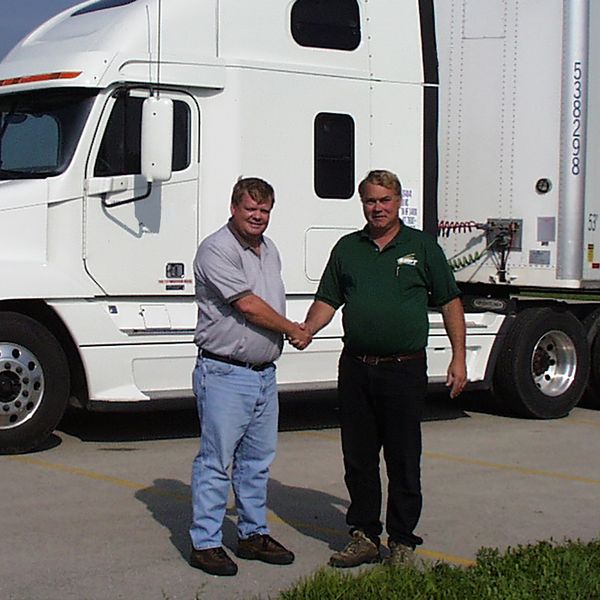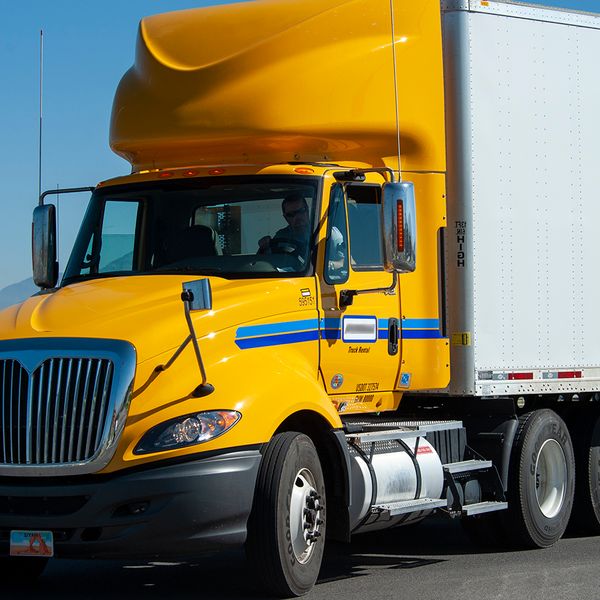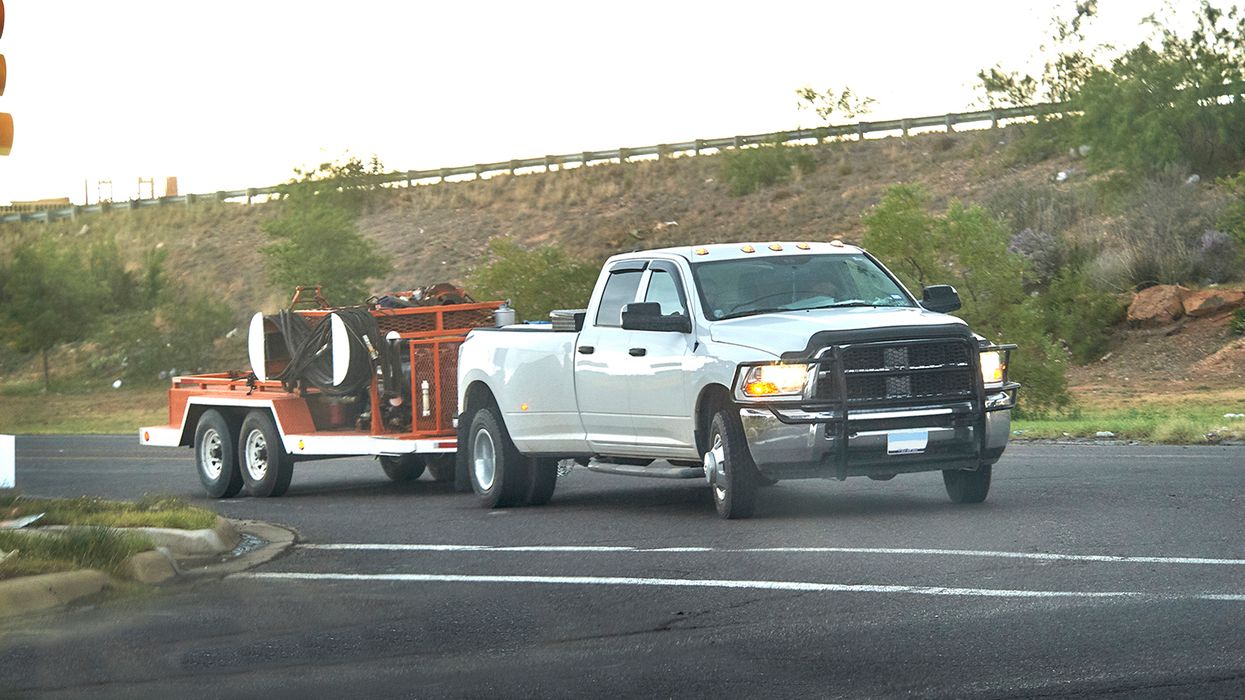What’s negotiable in a lease?
Many property carriers that lease vehicles know that certain items are required in a lease. These include the lessee, lessor, duration of lease, authorized signatures, exclusive use statement, compensation, and more. On the other hand, the carrier may assume that there are items that either the carrier or lessor must be responsible for. Perhaps, the carrier believes the lessor is responsible for maintenance costs. That is not the case, maintenance and a host of other items are negotiable as to which party is responsible. Often, the responsible party will vary by the length of the lease.
The federal commercial vehicle leasing regulations allow the following items to be negotiated:
- Cost of fuel,
- Fuel taxes and reporting,
- Empty miles,
- Any required permits,
- Toll and ferry fees,
- Detention and accessorial pay,
- Base plates,
- Licenses,
- Responsibility for loading and unloading the vehicle, and
- Any other item not specifically mentioned in the regulations, e.g., repair and maintenance.
While the above items are negotiable, the lease must clearly state whether the carrier or the lessor is responsible.
Generally, the longer the lease, the more items the carrier becomes responsible for. Another major consideration is whether a driver is being leased in addition to the vehicle. If an owner operator is leasing their vehicle onto a carrier and the relationship is expected to be long term, for example, the driver may be responsible for:
- The cost of fuel (with a fuel surcharge consideration),
- Empty miles, tolls, and ferry fees (unless the movement requires),
- Medical exams,
- Loading and unloading (with compensation in the agreement), and
- Repair and maintenance of the vehicle.
Key to remember
There are no fixed rules regarding negotiable items. There is also no such thing as a “standard lease agreement.” Leases are contracts. Both parties need to know what they are responsible for and have all negotiated items explicitly detailed in the lease.
























































